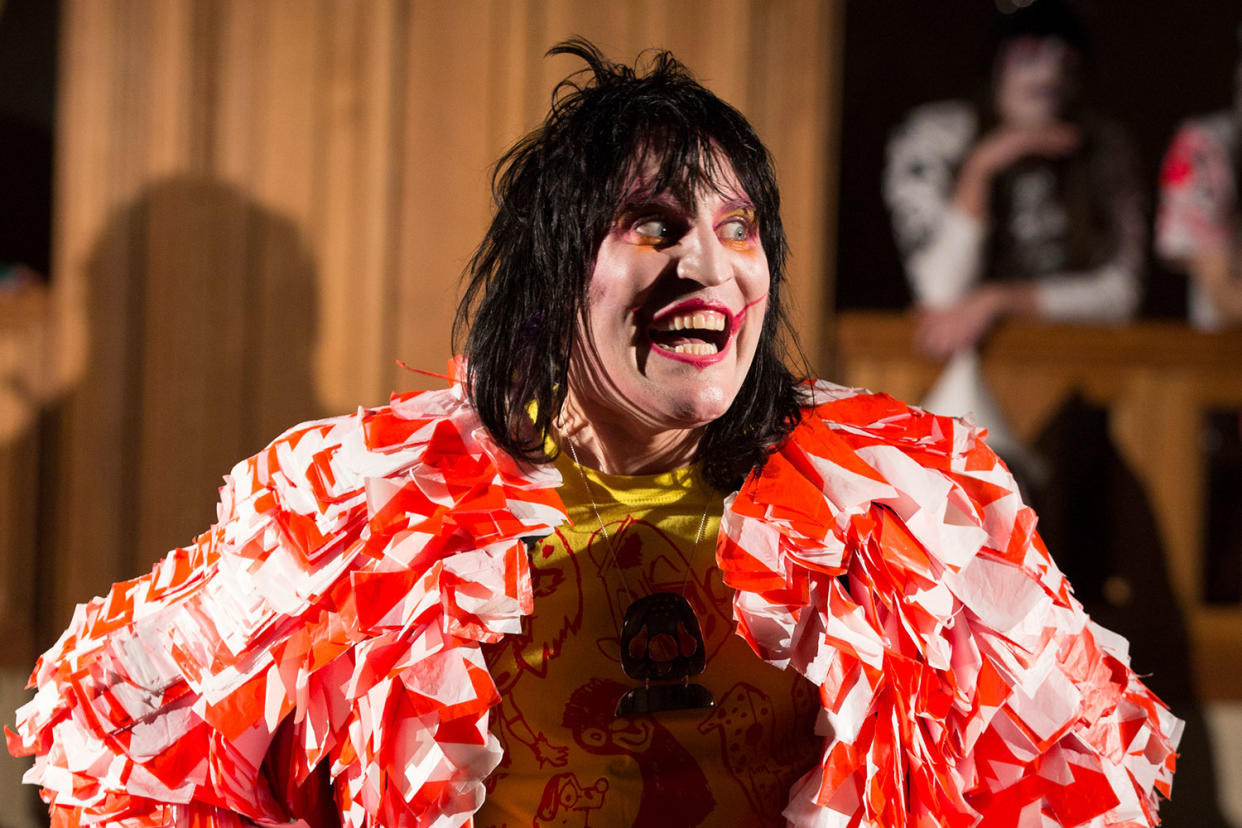Channel 4 'could be forced out of London' following Government probe

Channel 4 could be forced to move out of London, the Government has said.
The broadcaster has warned that any move "would be highly damaging" after the Government announced the channel will remain publicly owned, but faces being relocated.
The expenditure and location of the broadcaster is being reviewed to make sure it is "serving the country", Culture Secretary Karen Bradley said.
The Government wants the "benefits of this national asset to be spread far and wide, not just in London", she insisted.
Channel 4 welcomed the decision to rule out privatisation warned that forcing it out of the capital would harm the company.
A spokesman said: "The most important factor in supporting the nations and regions is where we spend our money rather than where Channel 4 is headquartered.
"A substantial relocation would be highly damaging to Channel 4's business model and diminish our investment in the creative industries around the UK and our overall contribution to the UK economy."
The Government carried out an 18-month review of the channel, which has more than 800 staff but fewer than 30 based outside central London.
Ms Bradley will outline plans for the shake-up in a speech to the Nations and Regions Media Conference in Salford on Wednesday.
Channel 4, which is publicly owned but commercially funded, is a "precious public asset", the Cabinet minister will say.
But it must "provide a platform for unheard voices and untold stories from right across the United Kingdom".
A consultation will look at whether Channel 4, which will soon host the Great British Bake Off, should relocate all or some of its staff outside London, including the possibility of moving its headquarters.
It will also consider increasing the amount of money that must be spent on productions outside the M25, which is set at 35 per cent of original British commissions, to 50 per cent.

 Yahoo News
Yahoo News 
